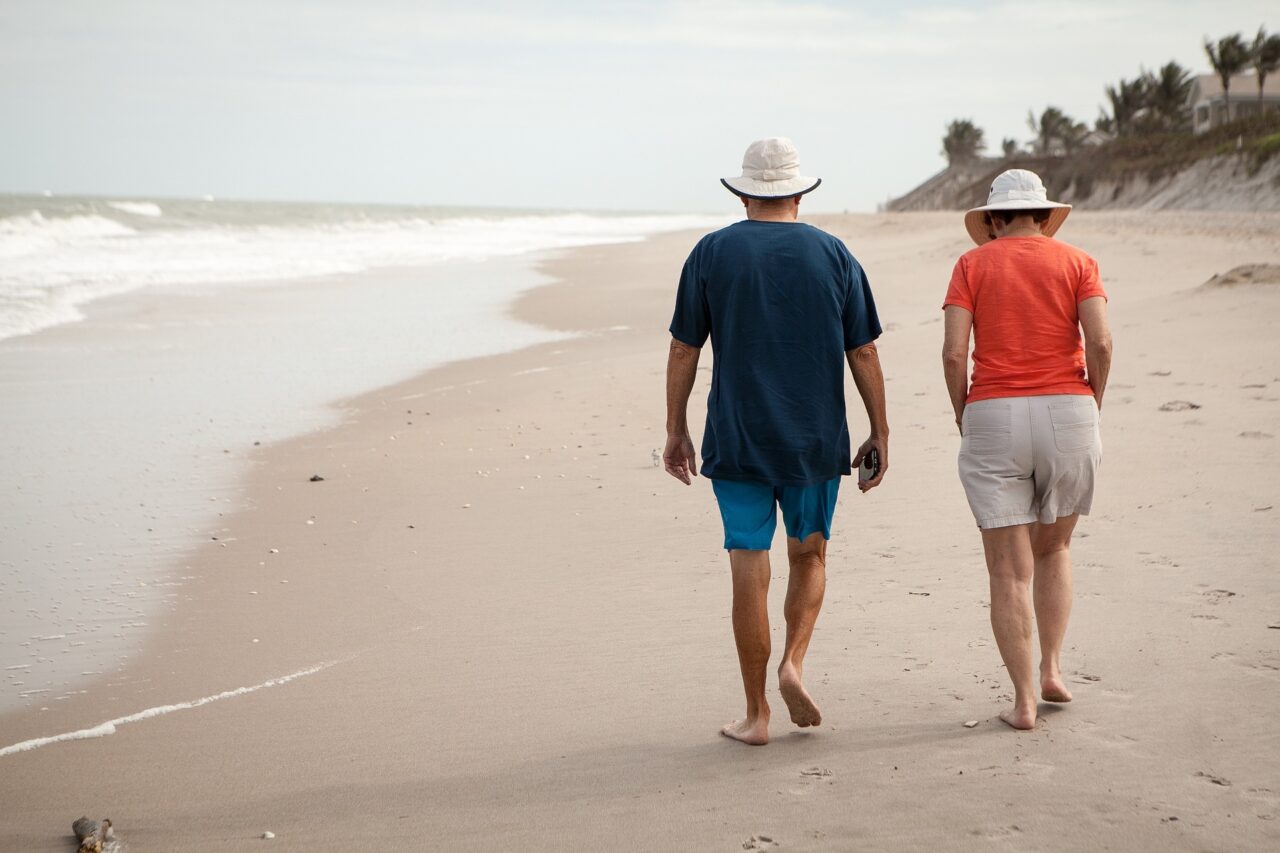If there’s one thing we know for sure, it’s that COVID-19 has caused financial ruin for millions across the globe. Businesses and individuals couldn’t have predicted such a catastrophic event, but we’re hoping that some planned for it in advance should one occur. At Headway Wealth, we preach the importance of having an emergency fund to help you stay financially afloat when disaster strikes. It’s why we help you put aside money to help cover unexpected costs to prevent you from going into debt and falling victim to astronomical interest rates, fees and/or penalties.
Our latest blog walks you through the basics of setting up an emergency fund, so you can prioritise starting or growing yours. Everyone needs a safety net in times of trouble, so book a meeting with Headway Wealth to increase your financial security through advanced financial planning today.
What Should an Emergency Fund be Used for?
An emergency fund is to be used for unexpected expenses, such as:
- Car repairs
- Home repairs
- Vet bills
- Travel costs (last minute flights home to attend a funeral or care for a sick family member)
- Job and income loss
- To Cover Costs when business is slow
- Another global pandemic strikes
- Dental emergency
Should I Keep My Emergency Fund in Cash?
Yes! You’ll want to cover any unexpected expenses in cash to avoid having to use a credit card and going into debt.
How Much Money Should You Have in an Emergency Fund?
Top financial advisors recommend having enough money in your emergency fund to cover 3-6 months of expenses. According to financial expert and New York Times bestselling author, Ramit Sethi, you should calculate your monthly expenses (rent/mortgage payments, utilities, car payments, student loans, etc.) and times the number by 12 to see how much money should have in your emergency fund. If you’re single or a one-income family, you’ll want to have enough money in your emergency fund to cover a year’s worth of expenses.
Please note: Your emergency fund should adjust as your family, job and goals change.
Where Should I Keep My Emergency Fund?
An emergency fund must be accessible at all times. We recommend setting up a separate bank account for your emergency fund to avoid the temptation of dipping into it for non-emergencies. You’ll want your money to be safe and accessible 24/7, so we suggest an account with immediate access to your money.
Our financial advisors can discuss different account types with you so you fully understand your emergency fund options. A strong financial plan includes an emergency fund. If you would like help starting or growing yours, contact us via email or Live Chat today.
Disclaimer: Headway Wealth Limited is authorised and regulated by the Financial Conduct Authority. The value of investments can go down as well as up.







